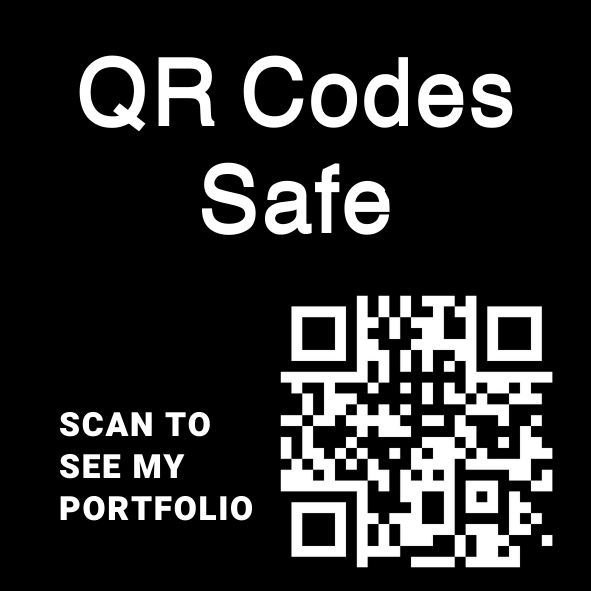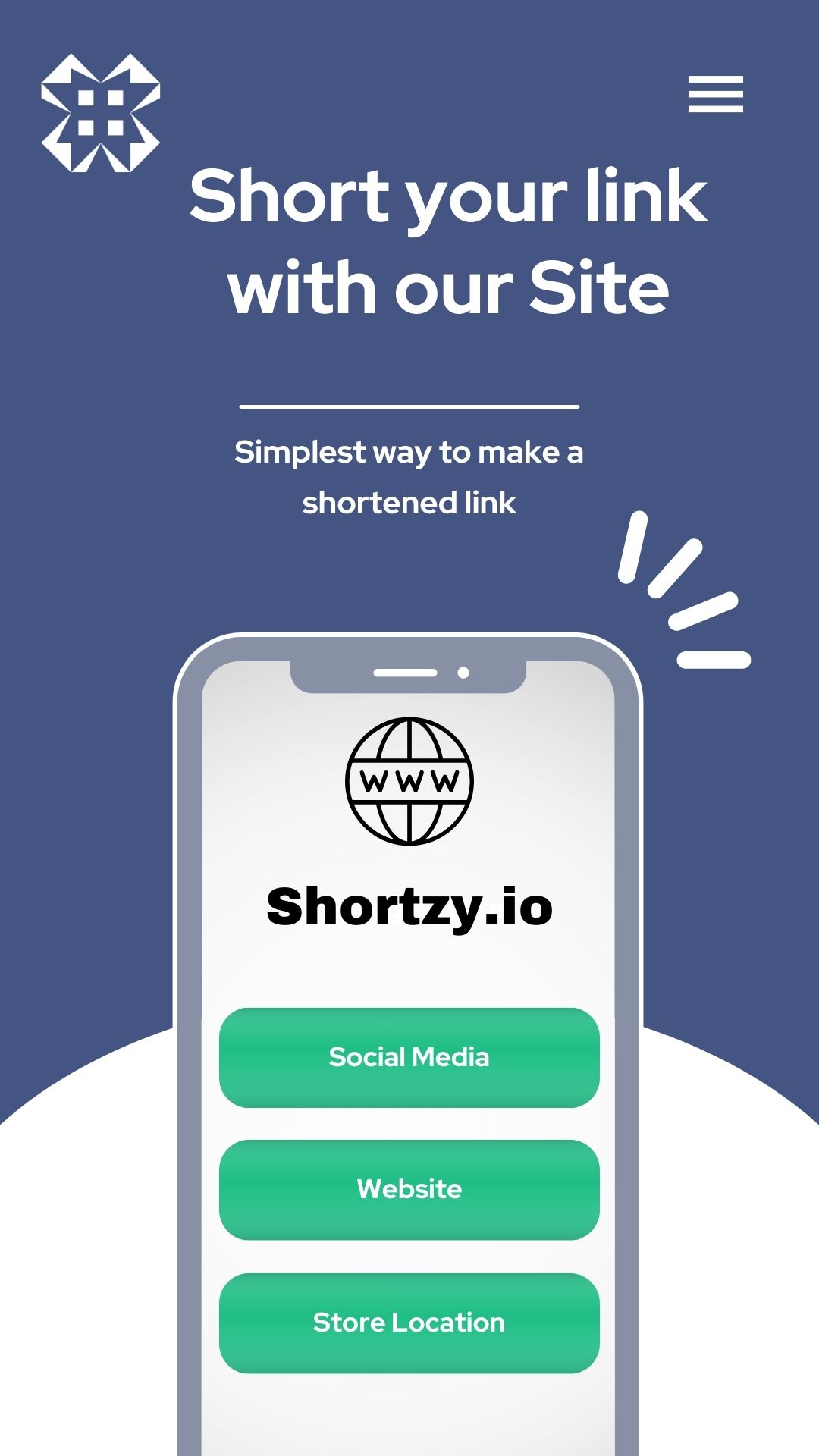
Are QR Codes Safe
Yes, QR codes are legal to use. They are essentially just a method of encoding information, similar to barcodes. However, the legality of what the QR code leads to, such as a website or content, depends on the content itself and whether it complies with relevant laws and regulations. For example, if a QR code leads to copyrighted material that is being distributed without permission, then that particular use of the QR code could be illegal. But the QR code technology itself is not inherently illegal.
The Legal Status of QR Codes
Patent and Copyright Issues
One of the primary legal considerations regarding QR codes is patent and copyright issues. While the basic concept of QR codes is not patentable, specific implementations or applications of QR technology may be protected by patents. Similarly, the design of a QR code, particularly if it incorporates a company logo or branding, may be subject to copyright protection.
Regulatory Compliance
In addition to patent and copyright concerns, businesses using QR codes must ensure compliance with relevant regulations. This includes data protection laws, consumer protection regulations, and industry-specific standards.
Are QR Codes Legal to Use?
The legality of using QR codes depends on various factors, including copyright and intellectual property considerations, as well as compliance with data protection laws.
Copyright and Intellectual Property Considerations
When creating QR codes, it's essential to ensure that you have the right to use the content encoded within them. This includes obtaining permission from copyright holders for any text, images, or other media included in the QR code.
Compliance with Data Protection Laws
QR codes often contain personal or sensitive information, such as contact details or payment information. As such, businesses must comply with data protection laws, such as the General Data Protection Regulation (GDPR) in the European Union, when using QR codes to collect or process personal data.
Examples of Legal Uses of QR Codes
Despite the potential legal risks, there are many legitimate and beneficial uses of QR codes in various industries.
Marketing and Advertising: QR codes are commonly used in marketing campaigns to provide additional information or exclusive offers to customers.
Product Packaging and Labels: QR codes can be used on product packaging and labels to provide consumers with product details, instructions, or warranty information.
Ticketing and Event Management: QR codes are often used for ticketing purposes, allowing attendees to easily access event details and entry passes.
Potential Legal Risks Associated with QR Codes
While QR codes offer numerous benefits, they also pose potential legal risks that businesses must address.
Privacy Concerns
QR codes containing personal or sensitive information can be vulnerable to privacy breaches if not adequately protected. Businesses must implement robust security measures to safeguard data transmitted via QR codes.
Fraudulent Activities
QR codes can be exploited by cybercriminals for fraudulent activities, such as phishing scams or malware distribution. Businesses must educate consumers about the risks associated with scanning unknown QR codes and take steps to prevent misuse of their own QR codes.
How Businesses Can Ensure Legal Compliance with QR Codes
To mitigate legal risks associated with QR codes, businesses should take proactive measures to ensure compliance with relevant laws and regulations.
Implementing Data Protection Measures: Businesses should encrypt sensitive information contained within QR codes and implement secure transmission protocols to protect data privacy.
Obtaining Proper Permissions and Licenses: Before using QR codes in marketing materials or product packaging, businesses should ensure they have the necessary permissions and licenses for any copyrighted content included in the codes.
Conclusion
In conclusion, QR codes offer a convenient and versatile means of sharing information in today's digital landscape. However, businesses and individuals must be mindful of the legal considerations associated with their use, including copyright and intellectual property issues, data protection laws, and privacy concerns. By adhering to best practices and implementing appropriate safeguards, businesses can leverage the benefits of QR codes while minimizing legal risks.
FAQs (Frequently Asked Questions)
Are QR codes patented?
While the basic concept of QR codes is not patented, specific implementations or applications may be protected by patents.
Can QR codes be used for marketing purposes?
Yes, QR codes are commonly used in marketing campaigns to provide additional information or exclusive offers to customers.
Are there any legal risks associated with using QR codes?
Yes, QR codes pose potential legal risks, including copyright infringement, data privacy breaches, and fraudulent activities.
How can businesses protect themselves from legal issues related to QR codes?
Businesses can protect themselves by obtaining proper permissions and licenses for copyrighted content, implementing data protection measures, and educating consumers about QR code security risks.
Are QR codes subject to data protection laws?
Yes, businesses must comply with data protection laws when using QR codes to collect or process personal data.
.png)

